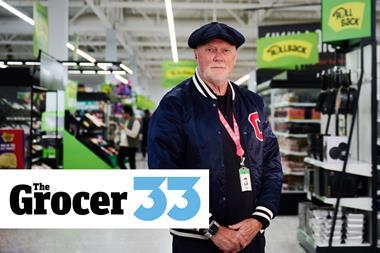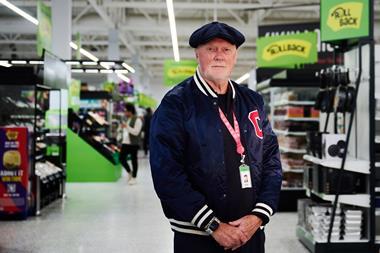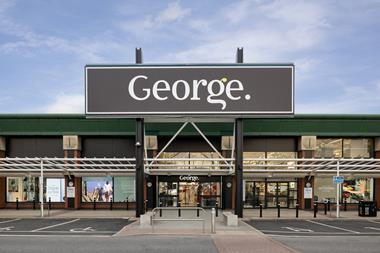Andy Bond, head of Asda, has called for a co-ordinated industry approach to sustainability and is reported to be inviting all the chief executives of the UK's manufacturers and retailers to a conference to discuss the issues and agree a way forward. This is long overdue. For too long the industry's approach to the environment has been an exercise in point-scoring, rather than a real attempt to tackle the issues. A major part of such a conference should be a thorough review of unnecessary packaging.
I find myself in sympathy with the Women's Institute campaign to highlight the issue of waste in packaging. For the past 20 years or so, UK food retailers have been declaring their green credentials while systematically adding more packaging to their food than any other country in the world. Having spent the past two weeks shopping in a modern and excellent InterSpar in Slovenia, the significantly lower levels of packaging, particularly in the produce aisles, are very noticeable. Very few green trays and little plastic. What a contrast to the UK.
There is little doubt that increased packaging has been required to improve efficiency. Replenishment systems work best with constantly available product in a consistent size and format. Packaging helps to create that consistency irrespective of source. As a result, we now have a world-leading, cost-effective supply chain and better availability than ever before. Customers can purchase any variety of fruit and vegetable, irrespective of the season. Whatever the country of origin, products are repackaged to appear exactly the same. Produce is shipped and air-freighted around the world to ensure availability targets are hit and customer demand is fulfilled. Product is cleaner and safer than ever before.
At what cost to the environment? The WI claims that 88,000 tonnes of weekly household waste is packaging. It is not all the fault of the food industry, but it can do more. Concerns about the environment are more and more important to customers and they expect our supermarkets to take the lead in providing solutions. Tesco's high-profile carrier bag campaign is a positive contribution. The next step should be to encourage a reduction in produce packaging. A co-ordinated approach to reduce produce packaging would be welcomed by customers, reduce waste and improve the shopping experience.



















No comments yet